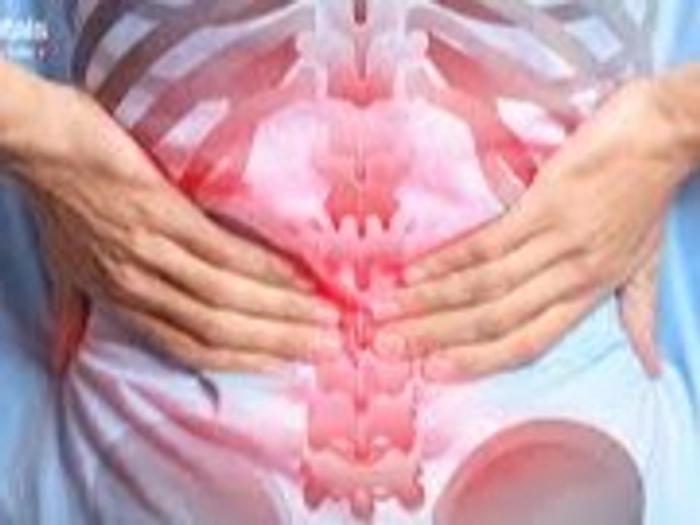
Speciality - Informative- Medical


0
Did you know vitamin D deficiency could be the reason behind your back pain?
Back pain can be caused by various factors, one of which can be Vitamin D Deficiency. Studies have shown that there is a close association between vitamin D deficiency and back pain. Therefore, it is important not to neglect persistent pain in the lower back by considering it just a sprain.
Vitamin D, also called the “sunshine vitamin”, is crucial for bone health and density primarily because it helps in the absorption of calcium. Vitamin D controls bone remodeling - the balance between building new bone and removing old bone.
Insufficient vitamin D levels weaken bones, raising risks of lower back issues such as aches, localized pain, and chronic pain (pain lasting over 3 months). Low vitamin D also increases the likelihood of spine fracture, causing discomfort and mobility issues. Research suggests a connection between vitamin D deficiency and spinal disc problems, worsening back pain.
Vitamin D not only supports bone health but also plays a vital role in muscle function. When deficient in vitamin D, core muscles can become weaker, leading to poor posture and strain in the lower back. Weak muscles are also more prone to strains and injuries, which can further exacerbate back pain. Vitamin D is also known to have anti-inflammatory properties which can potentially help reduce chronic inflammation associated with back pain.
Lifestyle changes can significantly improve backache and associated spinal conditions. Proper diet and exercise are a must for not only spine health but overall health.
If you experience persistent or severe back pain, you should seek medical attention for relief. Also, take note of other symptoms that make it important to consult a spine specialist:
1. If discomfort in your back area travels down your legs, especially past the knees, with tingling, numbness, or weakness, it may indicate nerve compression or serious underlying problems.
2. A sudden inability to control the bladder or bowels alongside back pain could signify issues with the lower back, potentially causing severe complications if prompt treatment is not received.
3. If your back pain is accompanied by fever or unexplained weight loss, it may indicate an underlying infection.
4. If you have a history of cancer or recently experienced trauma to your back, any new or worsening back pain can be involved.
5. Your back pain persists despite conservative measures such as rest, over-the-counter pain medications, and gentle stretching exercises.
6. If your back pain significantly impairs your ability to walk or perform daily activities, it warrants medical attention to determine the underlying cause and appropriate treatment.
Consulting your doctor early on is the best way to tackle to address any potential vitamin D deficiency. If your doctor has already prescribed vitamin D supplements, ensure you follow their recommendations and take medications to keep your bones healthy.
The information provided on this page is user-generated and for informational purposes only. Always consult with a doctor for better guidance regarding your health conditions.
KindlySignup or Loginto add comments.